Introduction
According to a study by Statista, global ecommerce sales are expected to hit $6.9 trillion by 2024. With such a massive online market, businesses are consistently looking to establish a robust online presence.
When choosing an ecommerce platform, the decision often comes down to Drupal Commerce and Magento. Both are robust and flexible platforms that offer a wide range of features for businesses.
What Is Drupal Commerce?
Introduced in 2001, Drupal is a free and open-source content management framework renowned for its customization capabilities. It is ideal for crafting both straightforward websites and intricate digital experiences.
Drupal is characterized by its accessibility and multilingual support, reflecting its flexible design. As of now, Drupal holds a market share of 1.5%.
Drupal Commerce is a Drupal module that helps build ecommerce websites and applications of all sizes. Other than utilizing Drupal, it also uses other modules like Views and Rules for maximum flexibility.
What Is Magento?
Magento is an ecommerce platform constructed on open-source technology. Magento CMS is designed to be publicly accessible. It provides online merchants with a versatile shopping cart system, allowing them to manage the content, appearance, and functionality of their ecommerce stores.
This PHP-written platform was launched on March 31, 2008. Adobe has also recently integrated Magento Commerce into Adobe Commerce.
Drupal Commerce Vs Magento
Drupal Commerce is a scalable and flexible e-commerce platform, ideal for businesses seeking a future-proof solution. With its focus on SEO-friendly features and secure architecture, it enables users to create attractive and customizable online stores, catering to diverse business needs.
On the other hand, Magento is a more popular option. It’s 4th most popular in the Top 10k sites, 5th most popular in the Top 100k sites, and 5th most popular in the Top 1 Million sites. It is also the 9th most popular on the entire internet in the open-source category.
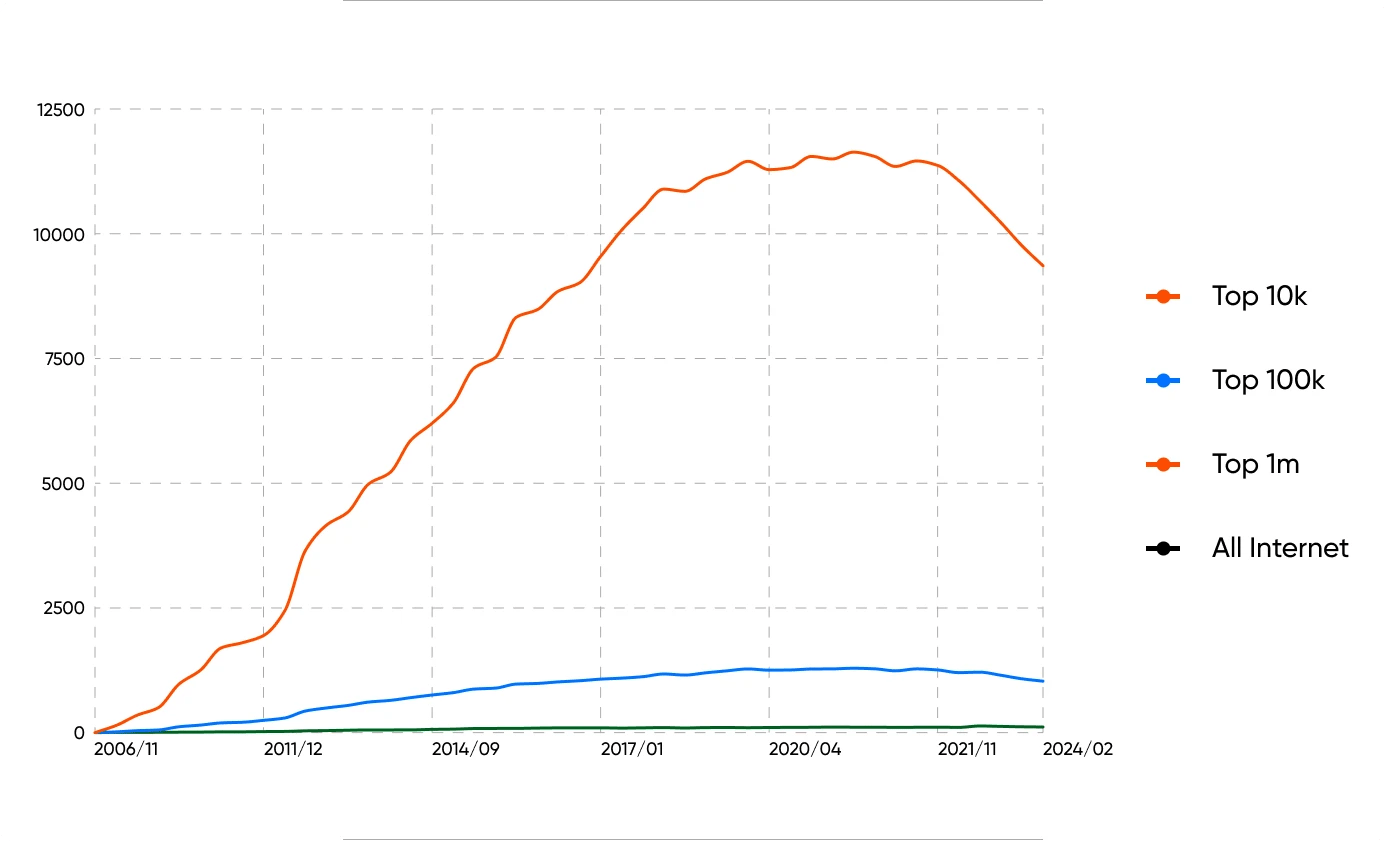
Quick Comparison
|
Factors |
Drupal Commerce |
Magento |
|
Installation |
Easy to install |
Easy to install |
|
Mobile Compatibility |
Fully responsive |
Fully responsive |
|
Feature Set |
A good option for complex websites |
Great for shopping carts |
|
Secure Levels |
Highly secure |
Highly secure |
|
Integration |
Third-party modules integration viable |
Third-party modules integration viable |
|
Scalability |
Highly scalable |
Highly scalable |
Use cases of Magento And Drupal Commerce
Some potential use cases for both Magento and Drupal Commerce are:
Magento:
-
Large Retailer
Magento's scalability and flexibility will benefit major retailers requiring extensive product catalog management, complex pricing structures, and robust inventory management. Features like advanced product attributes, tiered pricing, and integration with ERP systems make Magento suitable for handling large volumes of transactions and managing diverse product lines efficiently.
Casio, a Japanese multinational electronics manufacturing corporation, was struggling to strengthen its global content while rebuilding the website. Using Magento, Casio linked its official website with the ecommerce site, enabled customer behavior analysis, and implemented personalized experiences based on user data. By optimizing the ecommerce experience, Casio increased the cart purchase conversion rates by 1.4 times.
-
Fashion Boutique
A fashion boutique focusing on visual presentation and customer engagement can leverage Magento's highly customizable design options and rich media support. With features like product image galleries, user-generated content integration, and seamless social media integration, Magento can help create a visually stunning and immersive shopping experience, enhancing brand image and customer satisfaction.
Zadig&Voltaire is a ready-to-wear fashion brand with almost 350 boutiques and department store concessions. The brand used Magento 2 to unify the online and offline customer journey by standardizing payment data. Magento also supported the brand’s international expansion by creating online stores and integrating local payment methods.
-
B2B Ecommerce
Magento's robust B2B functionality will benefit Business-to-Business (B2B) organizations requiring personalized pricing, account management, and complex order workflows. Magento offers features like custom catalogs, negotiated pricing, and multi-tiered account management. These features empower businesses to streamline their purchasing processes and enhance collaboration with their clients or partners.
Sunbelt Rentals is the second-largest equipment rental company in North America. It offers over 550,000 pieces of construction and specialty equipment including lighting, generators, scissor lifts, excavators, and forklifts.
The organization used Magento to scale its traditional in-person B2B sales model into a scalable and modern multichannel experience. The new Magento website focuses on customer needs, such as a fast and responsive online store, up-to-date information, and intuitive navigation that helps them to quickly find their desired tools.
Drupal Commerce:
-
Artisanal Marketplace
Drupal Commerce's flexibility and customization options will benefit niche marketplaces focusing on handmade or artisanal products. With Drupal Commerce, store owners can create unique product listings, implement custom payment methods, and provide tailored shopping experiences for their customers. This helps foster a sense of community and authenticity within the marketplace.
The McCall Pattern Company. Inc. is a global company that designs, manufactures, and sells sewing patterns. Using Drupal Commerce, McCall launched six redesigned websites. The Drupal Commerce stock management modules send email alerts to users when a sewing pattern they were looking for is back in stock. These websites provide a more engaging and dynamic ecommerce experience for the sewing community.
-
Subscription Box Service
Drupal Commerce will serve the needs of a subscription-based business model requiring recurring billing, subscription management, and customizable product offerings. Drupal Commerce offers features like subscription product types, flexible pricing structures, and integration with subscription management tools. These offerings enable businesses to automate recurring billing processes and provide a seamless subscription experience for their customers.
Fooda collaborates with restaurants to provide great food at affordable prices to employees at work. Fooda uses Drupal Commerce to manage the subscription plans and orders.
-
Digital Downloads Store
An online store specializing in digital downloads such as e-books, software, or music can benefit from Drupal Commerce's digital product management capabilities. Drupal Commerce allows store owners to sell digital products with ease, offering features like secure file downloads, license key generation, and content access control. This ensures a smooth and secure purchasing experience for digital goods customers.
The Perimeter Institute is a leading center for scientific research, training, and educational outreach in foundational theoretical physics. Using Drupal commerce, the institute can offer a user-friendly way of downloading multiple educational and research papers. The website also provides customers with the materials to educate themselves if they want to learn more about their products and their use in different applications.
Drupal Commerce Vs Magento: What Should You Choose?
Analyze the features of both Drupal Commerce and Magento to decide what’s the best choice for your business.
|
Drupal Commerce |
Magento |
|
|
SEO |
SEO is enabled through modules. Users can download and install SEO modules like Google Analytics and SEO Checklist. |
All the SEO tools have been built right into the e-commerce platform. |
|
Customization |
It is highly customizable, with more than 51394 Drupal Commerce modules to personalize a site |
The Magento marketplace provides access to 4393+ plugins. |
|
Price |
|
|
|
Support service |
|
|
How King Arthur Baking Company Achieved A 200% Increase in Yearly Ecommerce Sales
Founded in 1790, King Arthur Baking Company is an American supplier of baking mixes, flour, cookbooks, and baked goods. The company wanted to enhance the Direct-to-Customer (D2C) channel by increasing top-funnel engagement among the 2,000+ baker-tested recipes. This will ultimately lead to more people purchasing from the online store.
King Arthur Baking wanted an ecommerce platform that could handle unpredictable traffic surges without lags or unexpected downtime. The advent of COVID-19 also brought a sudden surge in stay-at-home bakers. So, the company needed to quickly update its website to keep up with the demand and provide more personalized content for the changing needs of consumers.
With Acquia Drupal Cloud, the company created a new website with the scalability and speed to reliably serve personalized content to millions of bakers. Acquia helped integrate content and commerce across King Arthur Baking’s digital ecosystem. This allowed the company to release new baking recipe pages and redirect consumers to the relevant products they were looking to buy.
As a result, the website traffic increased by 260%, and e-commerce sales increased by 200% year-over-year in the early months of 2020 compared to 2019.
Our experts at Axelerant can help build a similar ecommerce solution that seamlessly delivers personalized, engaging digital experiences across every customer interaction. Schedule a call to learn how.

Gaurav Mahlawat, Drupal Contributor
Enthusiastic about mythology and historical books, Gaurav loves to surf memes on the internet and watch crime thrillers and superhero movies. His life’s essential value? Hard work.
%20copy.png)
Sayan Mallick, Marketing Assistant
A former professional e-sports player, passionate about anime and technology—that’s Sayan. He is an eccentric explorer who likes to read, play games, teach, and spend time with his pet dog, Buddy.
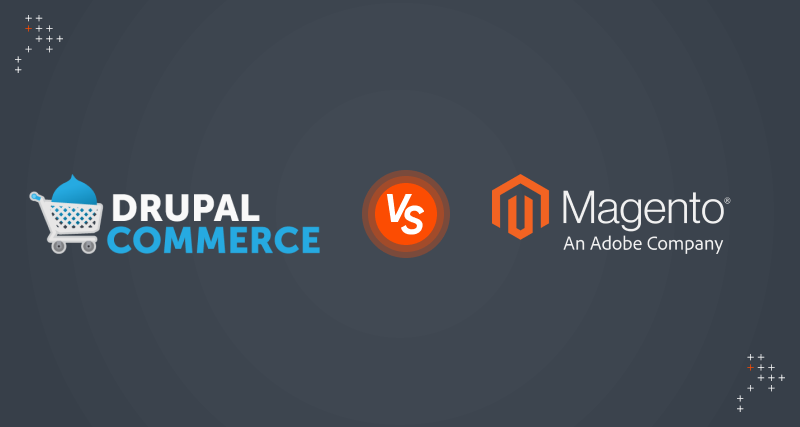
 We respect your privacy. Your information is safe.
We respect your privacy. Your information is safe.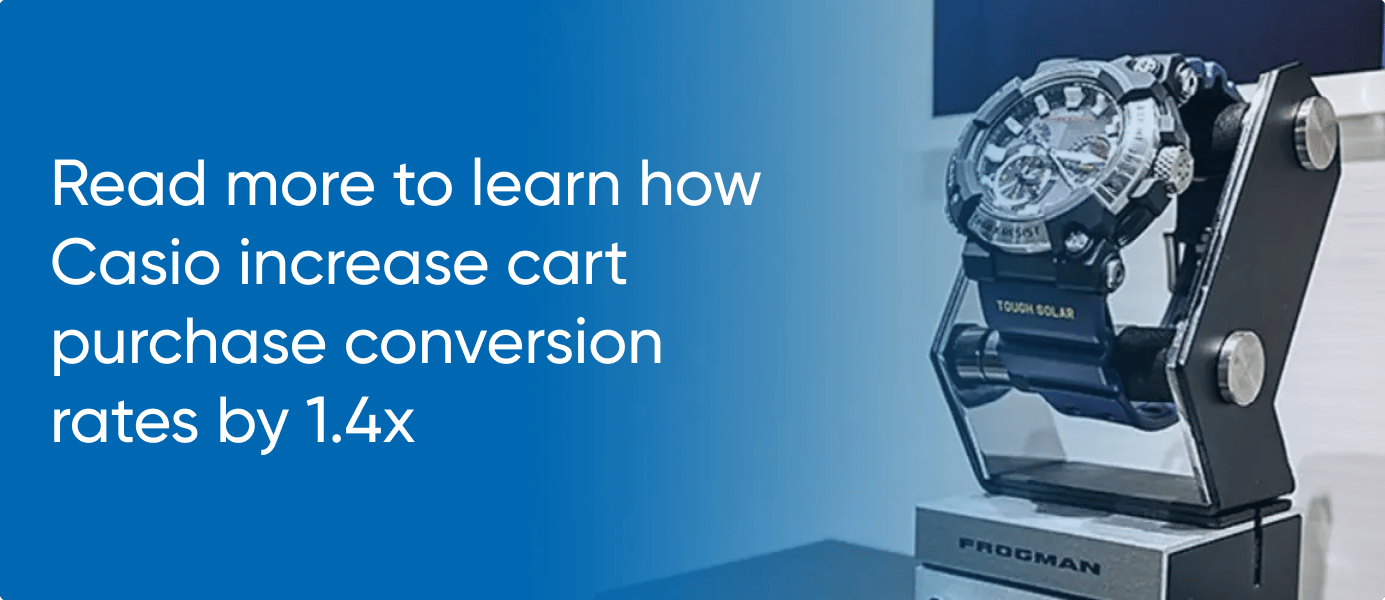


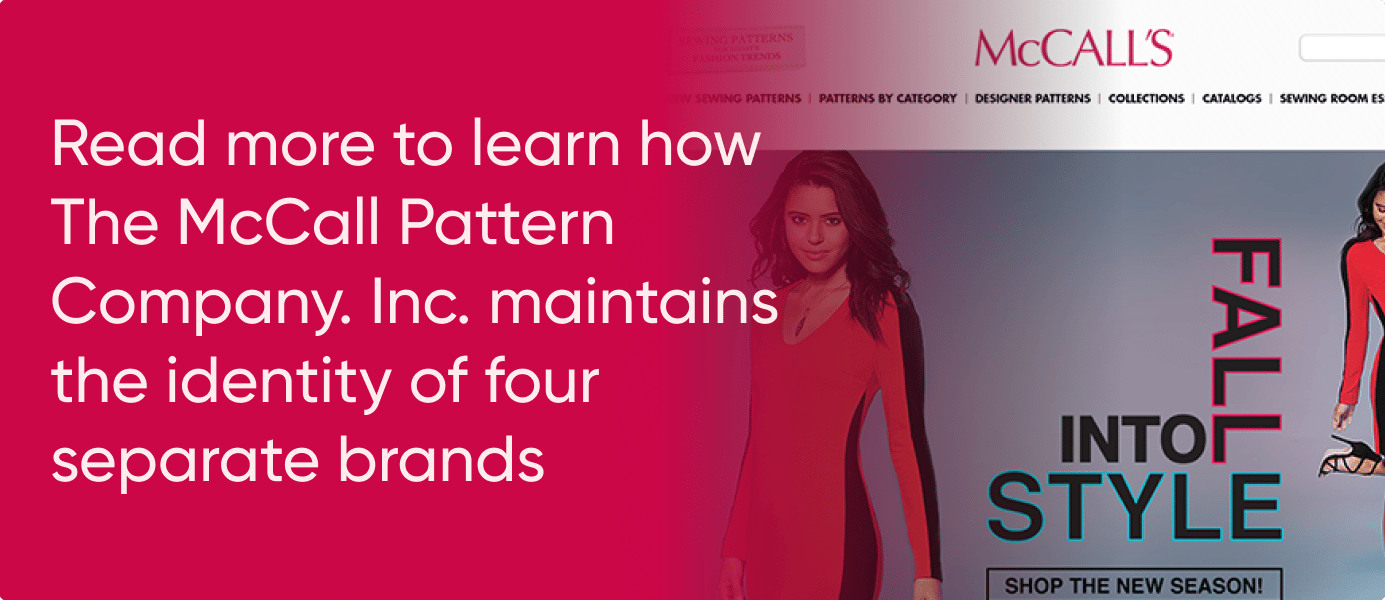




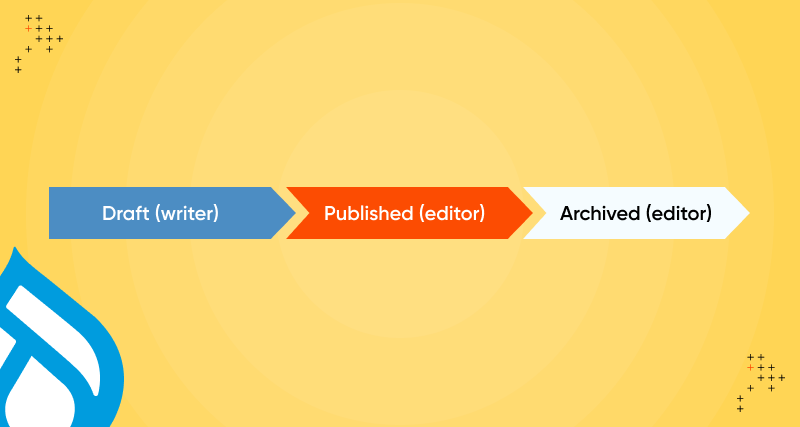

Leave us a comment